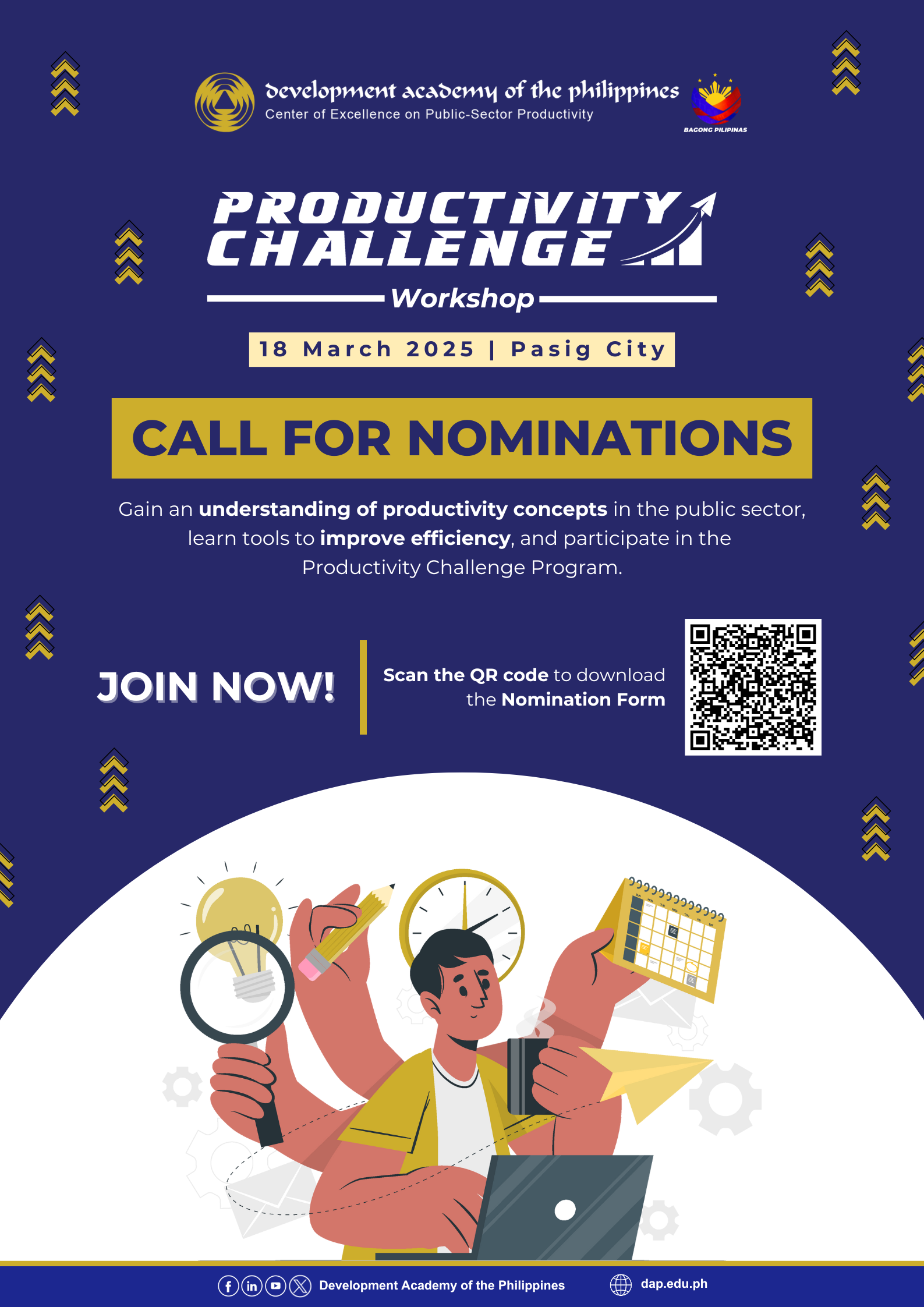As the designated focal organization for the APO Center of Excellence on Public-Sector Productivity, the Development Academy of the Philippines (DAP) continues to provide in-depth insights into the public sector profiles of APO member economies. This latest edition shines a light on the public sector profile of Bangladesh as it transitions towards a more democratic government.
Widespread unrest, economic challenges, and law and order issues have strained Bangladesh’s institutions following the resignation of long-time Prime Minister Sheikh Hasina in early August, international management consultancy firm Lightcastle reports. The interim government, led by Nobel Laureate Dr. Yunus, has committed to stabilizing Bangladesh through institutional reforms, re-establishing a democratic election process, and tackling corruption. Key leadership changes at institutions such as the Bangladesh Bank and the Bangladesh Securities and Exchange Commission (BSEC) signal a new phase of governance aimed at restoring public trust and driving economic recovery. Despite these obstacles, the younger generation is increasingly pushing for a more democratic and transparent future, fostering renewed hope for sustainable development in Bangladesh.








